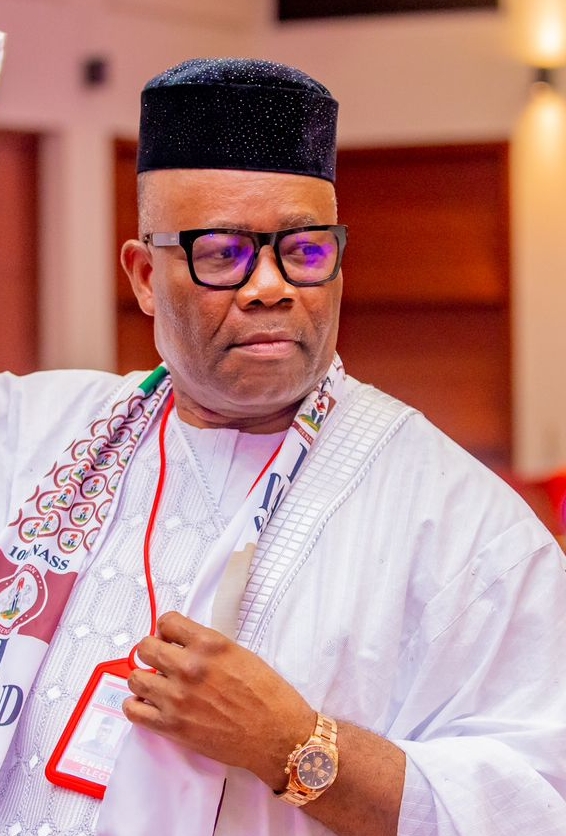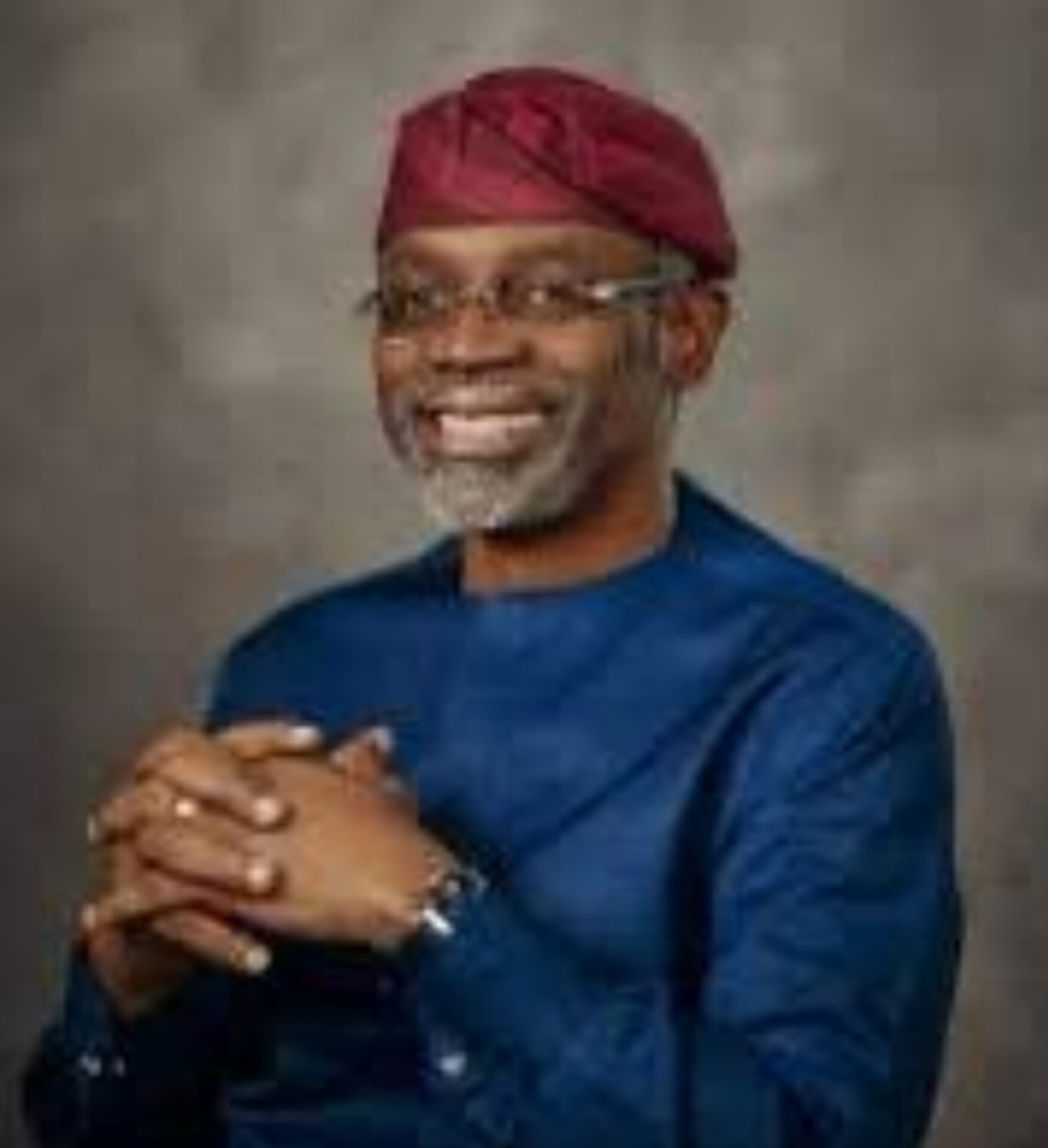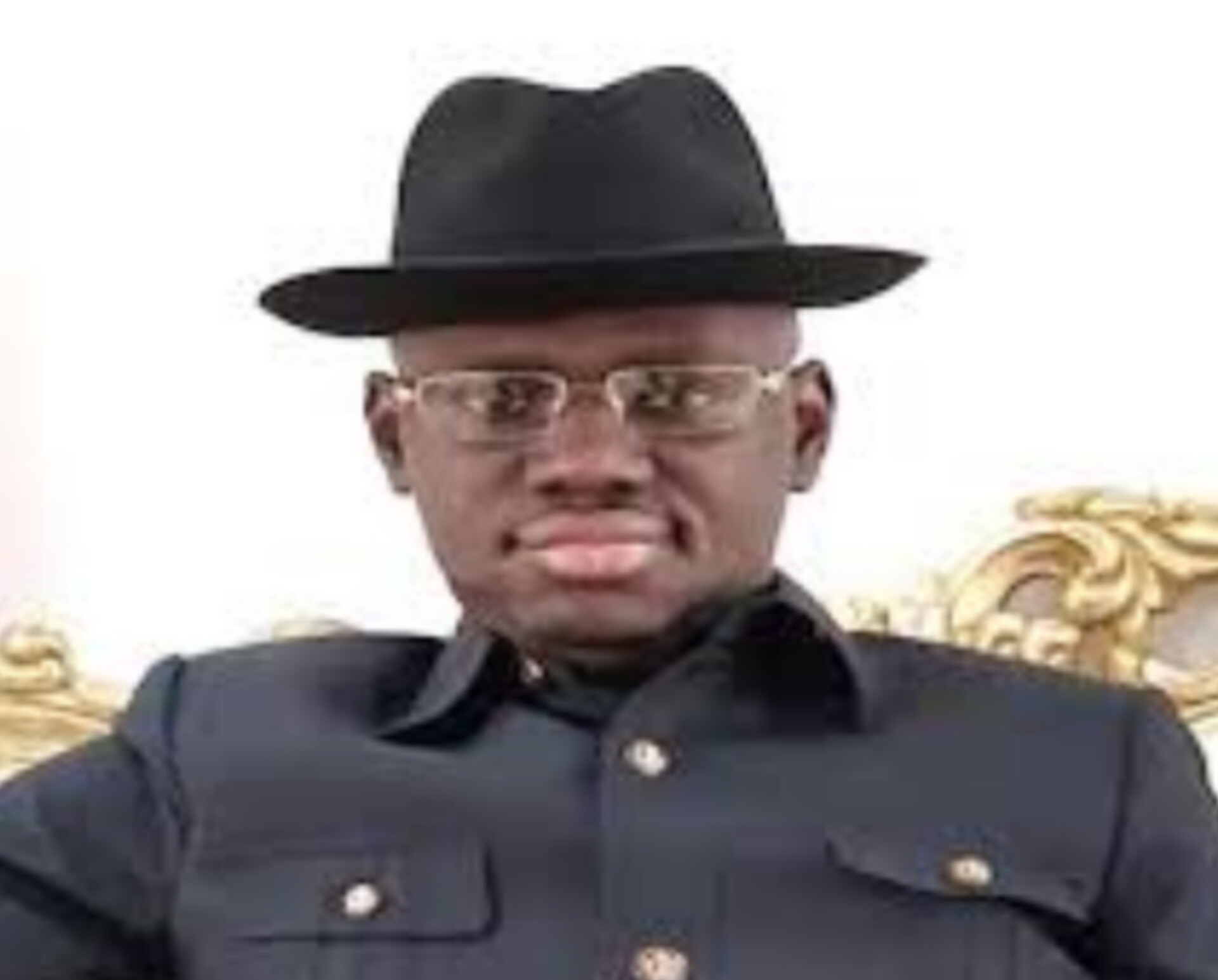The Minister of Finance and Coordinating Minister of the Economy, Mr Wale Edun and the Minister of Budget and Economic Planning, Sen. Abubakar Atiku Bagudu have met with a high-level delegation of Canadian investors in Abuja.
Director Information and Public Relations, Mohammed Manga,indicated that the meeting, was hosted by the African Capital Alliance led by its Chairman, Mr. Okey Enelamah, former Minister of Industry, Trade and Investments.
According to him the meeting featured discussions on key reforms, investment opportunities, and initiatives aimed at boosting economic cooperation between the two countries.
“It also provided a platform for the Nigerian Government to showcase its economic reforms and investment opportunities to the Canadian Business Community.
The Ministers showcased Nigeria’s potential and commitment to creating a conducive business environment.

During the meeting, the two Ministers highlighted the key reforms undertaken by the Federal Government, including initiatives to improve the business environment, promote economic growth, and attract foreign investment.
“This meeting demonstrates our commitment to fostering economic cooperation between Nigeria and Canada*, said HM Edun.
“We are dedicated to creating a conducive environment for investors and promoting economic growth*, HM Bagudu added
African Capital Alliance is pleased to facilitate this engagement, which aligns with our mission to promote private sector investment in Africa*, said Mr. Okey Enelamah, Chairman of African Capital Alliance
The Canadian delegation comprising top executives from leading companies expressed interest in exploring Nigeria’s investment landscape.
They included, Victor Dodig, President of CIBC Group, Peter Gilgan, CEO of Mattamy Asset Management, Blake Hutcheson, President of OMERS, Tim Gitzel, President of Cameco, Stephan Crétier, President of Garda World Security Corp., Goldy Hyder, President of Business Council of Canada, Isaac Olowolafe, Co-Founder of BKR Capital and James Christoff, High Commissioner of Canada to Nigeria.




